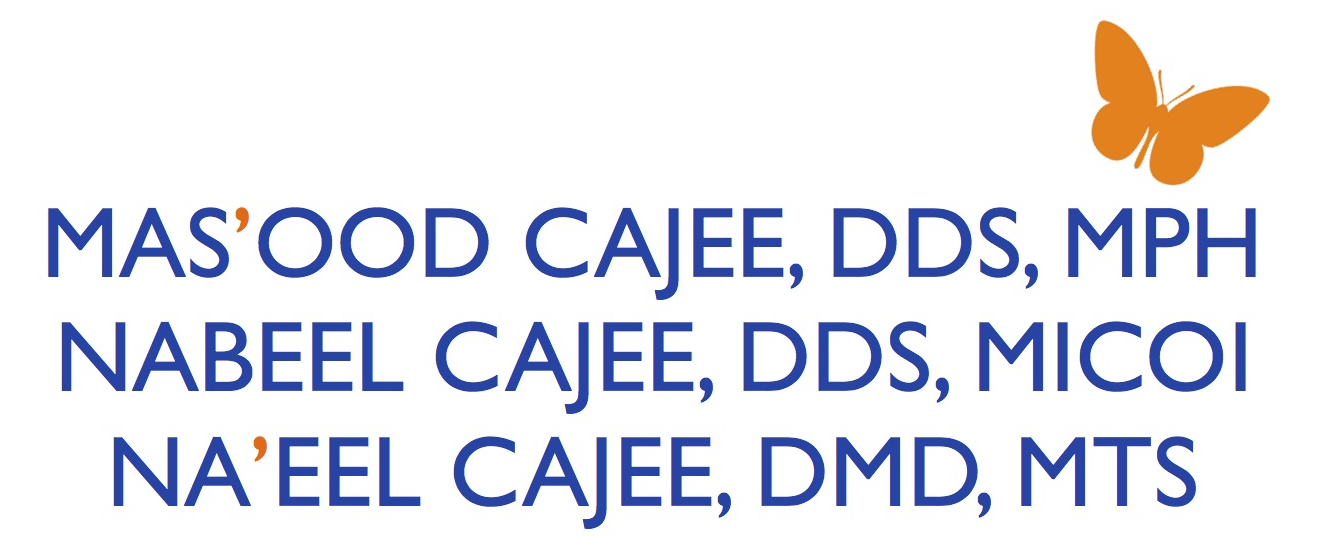California May Ban Flamin’ Hot Cheetos in Schools—Here’s Why
/California lawmakers have suggested a new rule that could stop schools from selling Flamin’ Hot Cheetos and other spicy snacks. This idea has led to a big debate among teachers, parents, and health experts. But why are these snacks being targeted, and what could happen if the ban is put in place?
Flamin’ Hot Cheetos are extremely popular with kids and teenagers because of their spicy taste and crunchy texture. However, some people are worried about how unhealthy they are. These snacks contain high amounts of salt, artificial flavors, and preservatives, which may not be good for kids’ health.
One of the biggest reasons for the proposed ban is how these snacks affect children’s health and eating habits. Many health experts believe that eating too many Flamin’ Hot Cheetos can lead to bad eating habits, obesity, heart problems, and other health issues.
Another concern is that kids often eat these snacks instead of healthier foods like fruits, vegetables, and whole grains. This means they miss out on important nutrients and may develop unhealthy eating habits that last into adulthood.
Teachers and school staff have also pointed out that Flamin’ Hot Cheetos can be a distraction in the classroom. The bright red dust and strong smell can make it hard for students to focus. Plus, the messy residue left on students’ hands and desks can cause cleanliness problems at school.
Supporters of the ban believe that removing these snacks from schools will create a healthier learning environment and encourage better food choices. If students don’t have access to these snacks during the school day, they might eat them less often.
However, not everyone agrees with the ban. Some argue that students should have the freedom to choose what they eat. They worry that banning Flamin’ Hot Cheetos could lead to more rules about other snack foods in the future.
Others believe that banning the snacks won’t actually stop kids from eating them. Students might just bring them from home or find other unhealthy snacks instead. Instead of banning them, critics suggest schools should focus on teaching kids about healthy eating.
This debate about Flamin’ Hot Cheetos is part of a bigger conversation about kids’ diets and the role schools should play in promoting good health. While the goal of the ban is to help students, finding a solution that balances health concerns with personal choice is important.
In the end, lawmakers, teachers, parents, and health experts will need to work together to create a plan that supports students’ well-being while respecting their rights. Whether or not the ban happens, this discussion reminds us how important it is to encourage healthy eating habits in young people.





